Seattle has dismantled a community garden established in Cal Anderson Park during the 2020 Black Lives Matter protests, citing concerns over safety and park usage.
A Symbol of the BLM Movement

The garden, which held symbolic significance for many, faced criticism from city authorities due to issues such as vandalism, drug use, and unauthorized camping. Despite opposition, the city plans to explore the creation of a new commemorative garden elsewhere in the park.
Origins of the Black Lives Memorial Garden

The Black Lives Memorial Garden was initially created spontaneously during the 2020 protests. It aimed to honor Black and Indigenous people who lost their lives to police violence while providing a space for connection, knowledge-sharing, and mutual aid within the community.
Read More: Kavanaugh’s Stance on Presidential Immunity Challenged in Trump Cases
City’s Decision to Remove the Garden

Seattle Parks initially intended to remove the garden in October but faced resistance from activists and community members who viewed it as a symbol of remembrance and healing, especially for those with limited access to green spaces. The garden featured a variety of plants and circular beds with crops like amaranth, corn, strawberries, currants, calendula, and nettles.
Safety Concerns and Alternative Uses
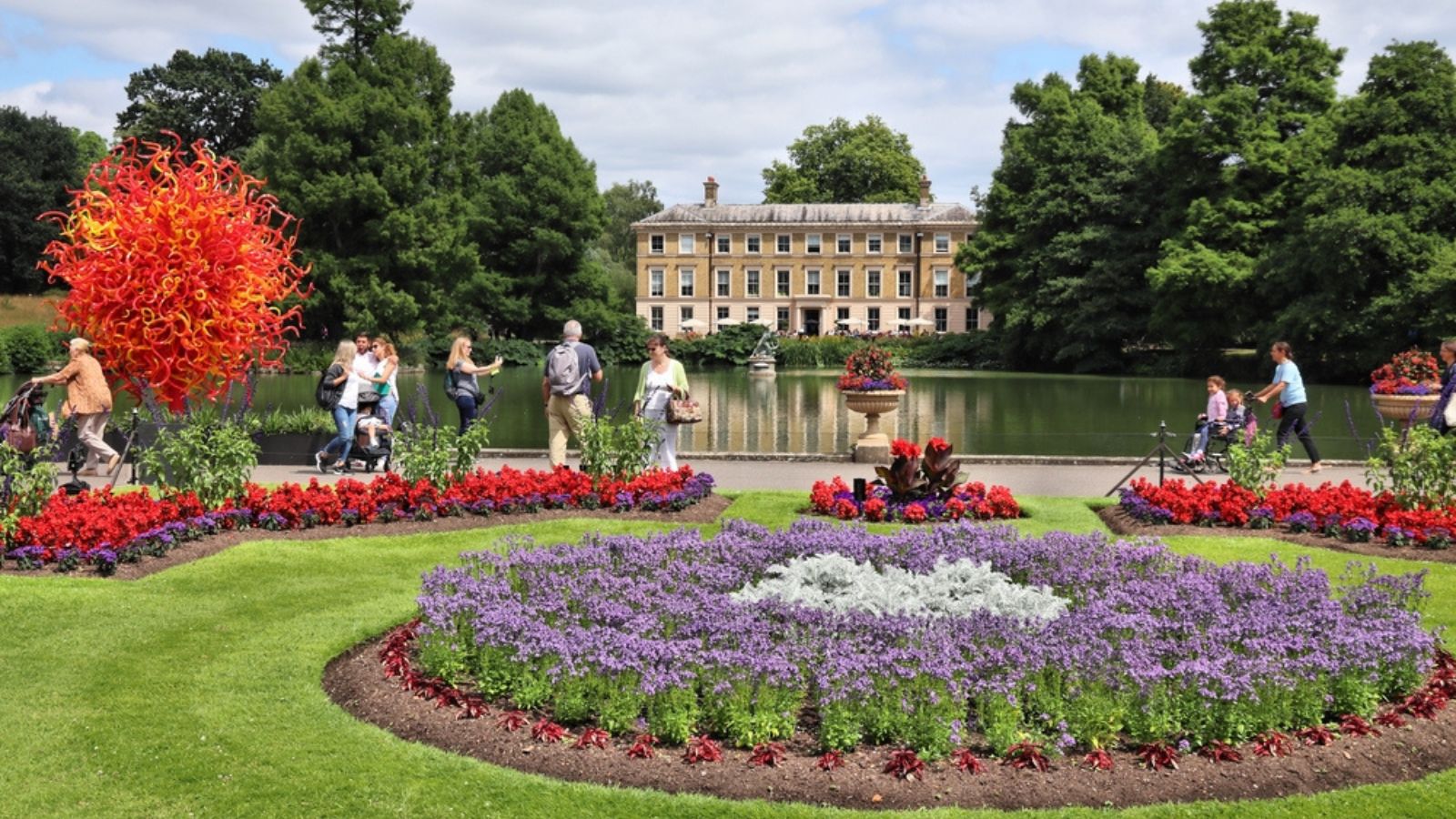
City authorities argued that the garden’s location in the park’s “Sun Bowl” area was essential for gatherings and large events due to its proximity to electrical and water hookups. However, they emphasized that the garden’s removal was necessary to facilitate other park uses and address public health and safety concerns.
Community Reaction to the Removal

Supporters of the Black Lives Memorial Garden expressed grief over its removal, emphasizing its role as a place of collaboration, plant-based connection, and community empowerment. Volunteers and those experiencing homelessness also participated in maintaining the garden.
Also Read: Biden Vetoes Resolution to Repeal ‘Woke’ Lending Rule
Debate Over Public Safety and Homelessness

Critics of the removal argued that the garden wasn’t responsible for issues like homelessness and drug problems but rather represented a response to systemic injustices. Some residents believed that removing the garden was a part of a broader effort to erase symbols of grievance and protest.
Future Plans for a New Commemorative Garden
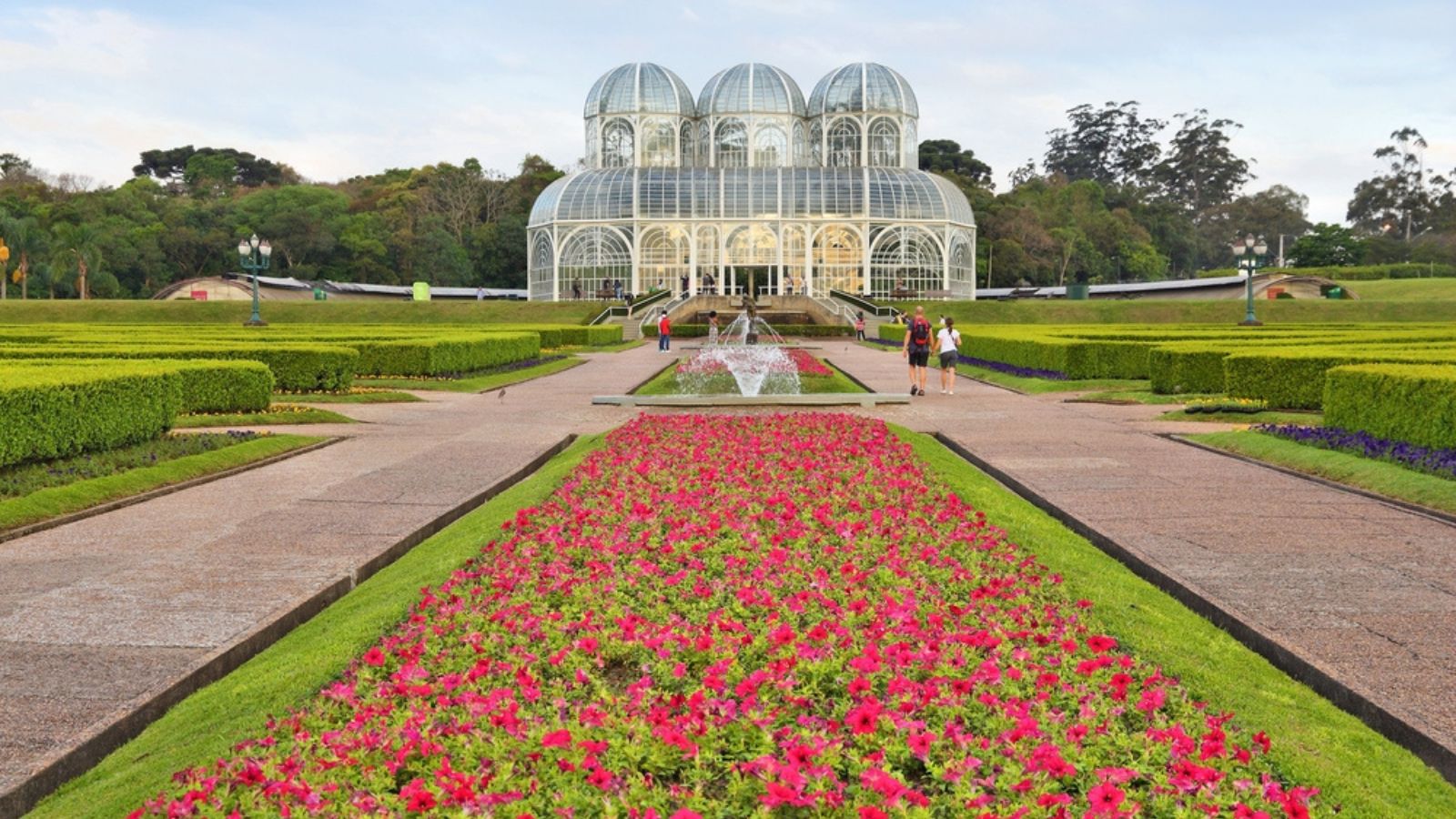
Seattle authorities intend to collaborate with Black community leaders and the Black Farmers Collective to envision a new commemorative garden at Cal Anderson Park. However, the Black Farmers Collective has expressed opposition to the removal and has no plans to work with the city on a replacement.
Supporters of the City’s Approach

Several Black leaders, including relatives of individuals killed by Seattle police, expressed support for Mayor Bruce Harrell’s stance on the garden. They criticized the way the garden was managed and emphasized the importance of maintaining sanitary conditions in public spaces.
Read Next: Turkey and Hungary Reevaluate Ties with Russia Amid Ongoing Ukraine Conflict
A Neighborhood’s Perspective
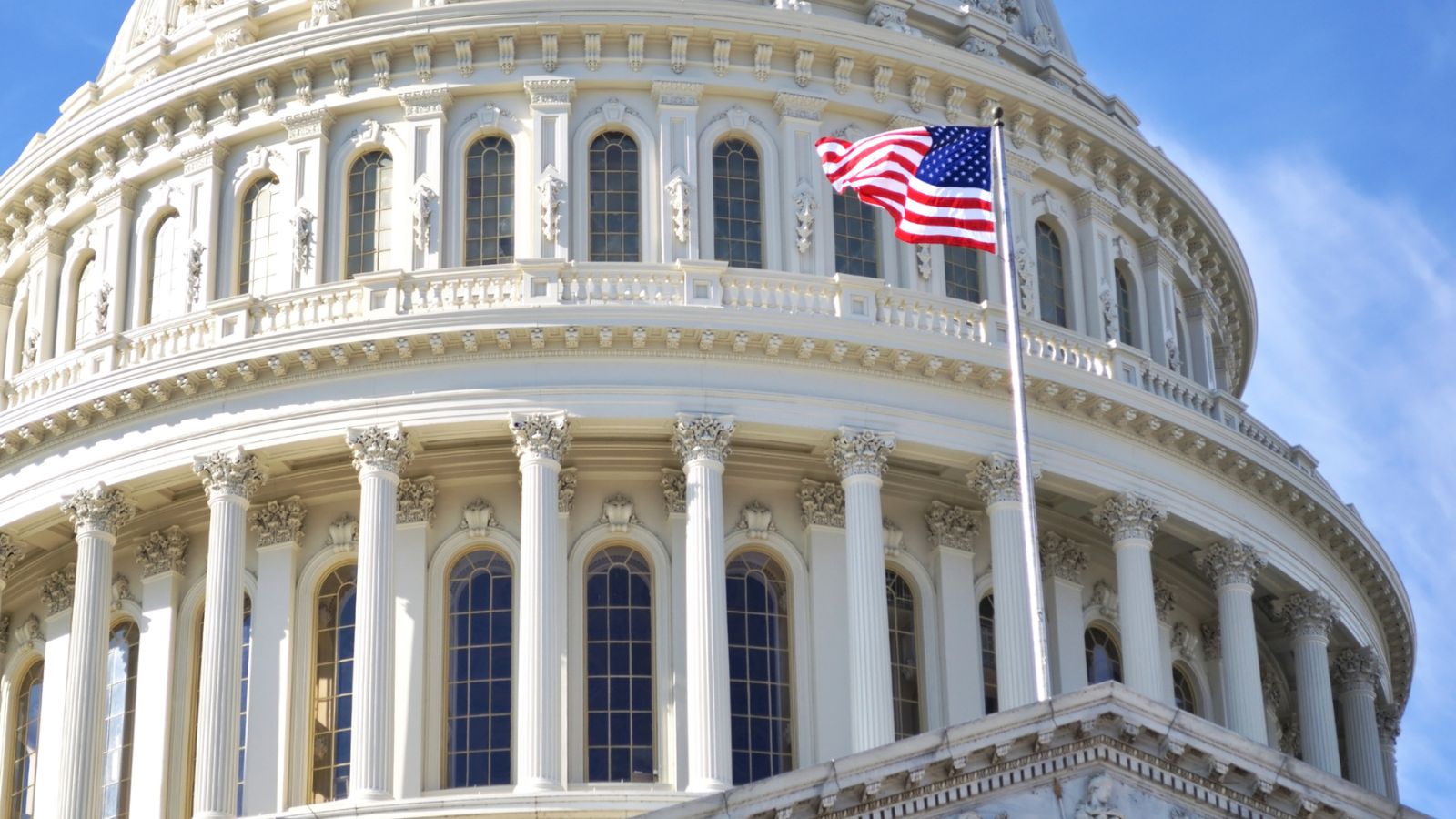
City Councilmember-elect Joy Hollingsworth, who represents Capitol Hill, referred to Cal Anderson Park as the neighborhood’s “living room” and advocated for prioritizing cleanliness and safety in shared public spaces.
Balancing Memorial and Safety

Community organization King County Equity Now proposed dedicating a park section to the Black Lives Matter movement but stressed the importance of ensuring that the area remains safe and free from illicit activities.
Criticism from Victim Families

Relatives of Charleena Lyles and Che Taylor, two Black individuals killed by Seattle police, voiced disappointment that the garden did not adequately reflect their stories and calls for police reform. They felt their pain had been co-opted by garden stewards.
Read More: Federal Judge Blocks California Law Restricting Guns in Public Places
NAACP’s Stance
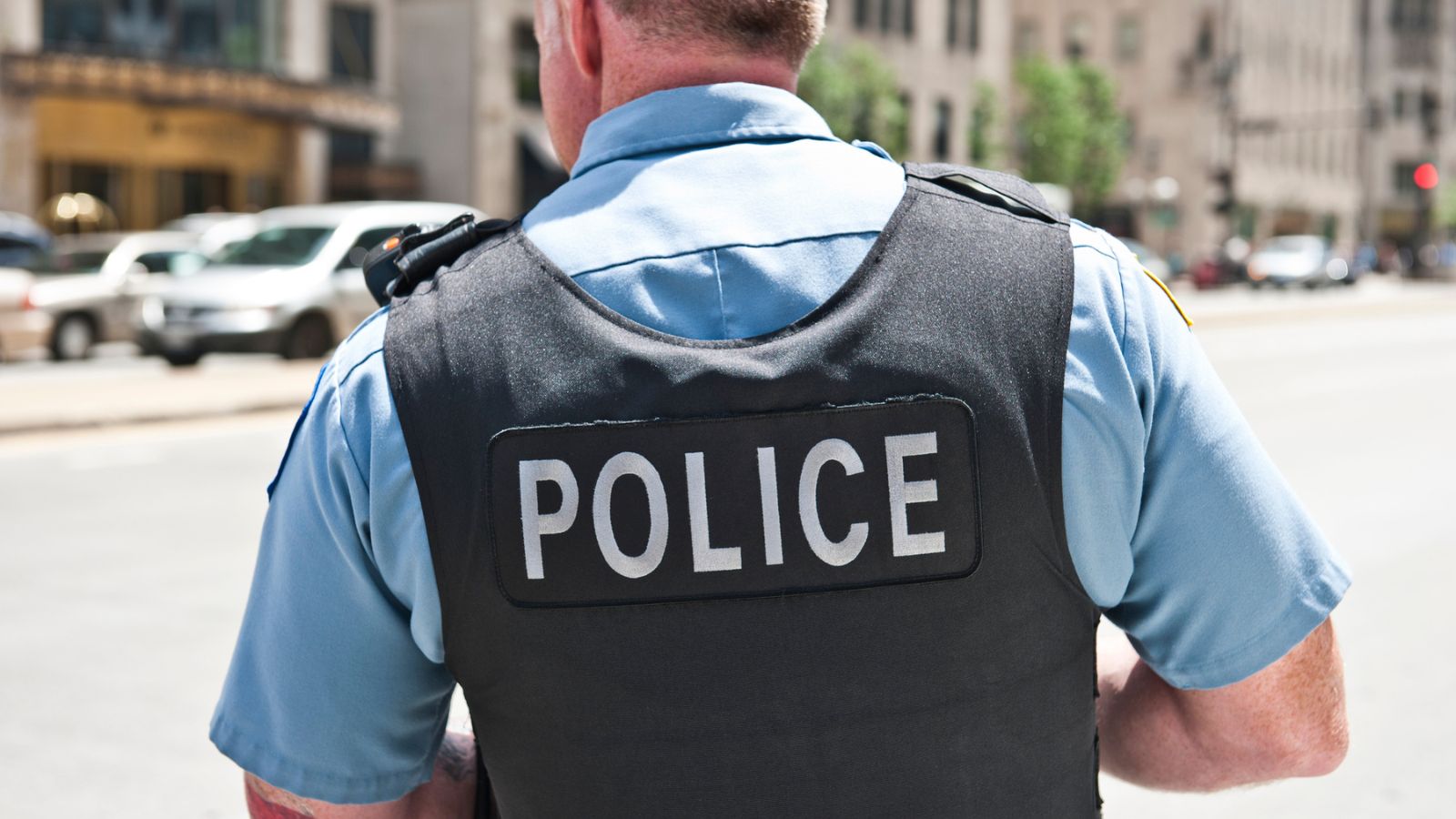
Darrell Powell, president of the Seattle-King County NAACP, supported the Harrell administration’s efforts to establish a more meaningful memorial, emphasizing that the garden did not sufficiently represent the countless Black lives affected by police violence.
More from The Stock Dork – Increase in U.S. Prison Population Signals a Shift in Decade-Long Trend


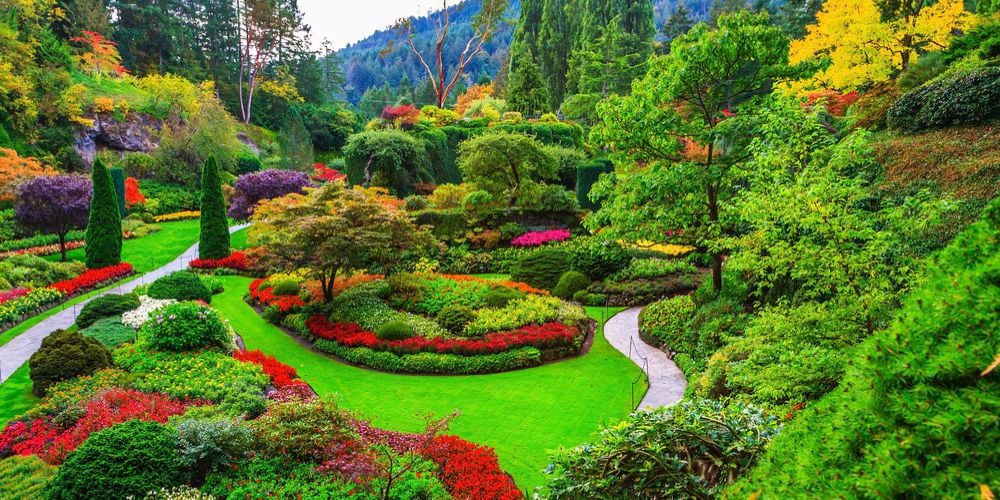




 Tags:
Tags:










